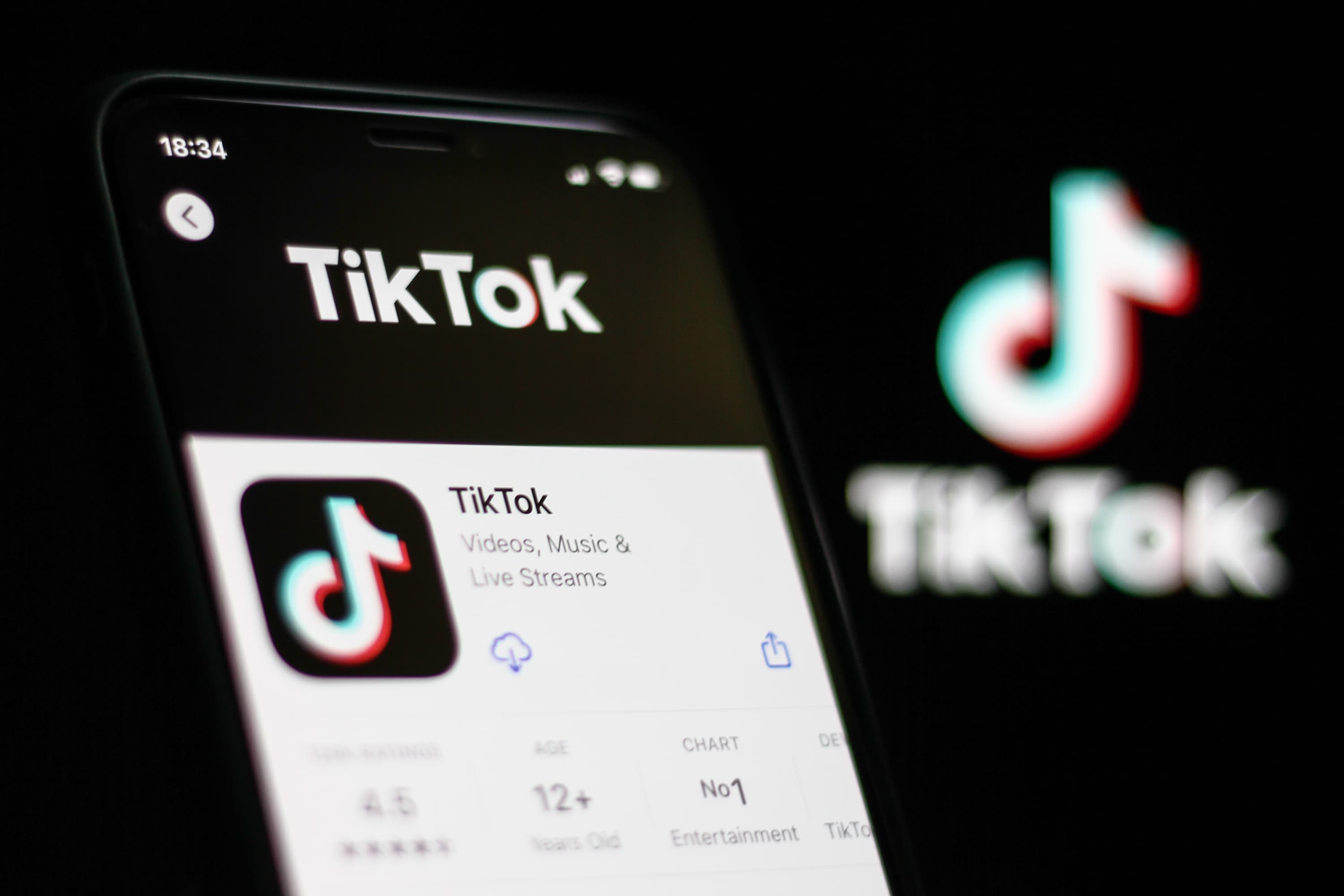The White House, the Government of Canada, the European Commission and the European Parliament are some of the institutions that have vetoed the use of TikTok on their employees’ corporate devices, with security concerns as the main one. argument. But, is this social network more precarious than others for the user?
No, seguridad y privacidad son parecidas en todas, pero la cuestión ahora es que “estamos en un contexto geopolítico complicado” y en general las social redes que vienen del este, sobre todo de China o Rusia, “están en el punto de mira since a long time”. The decision to remove the app from official mobile phones is “preventive and understandable”, said experts consulted by EFE.
The problem is therefore not the use of TikTok itself -of Chinese origin-, but rather its installation on devices that employees take to work, which would potentially allow spying via geolocation or the camera, they said, and the microphone, and the theft of confidential information. TikTok denies this and speaks of “harm”.
“ADVANTAGE TO THE ENEMY”
Juan Gualberto Gutiérrez, from the University of Jaén (southern Spain), illustrates this with an example: imagine an American soldier at the naval base of Rota who opens a TikTok account. His friends, in fact, see him in Cadiz (southern Spain), but also “his enemies”, and “that gives them an advantage”.
“Let’s take a little more radical turn. What if we were at war? If my government – in this case the Chinese – forces my company to use its intelligence to locate people or even spy on them through the microphones and cameras of devices, Should I obey?”
“These are difficult times”, considers this computer science professor, who sees the decision as “totally logical”, an action which he describes as preventive: “it’s more what can happen with the application than if it is insecure or not”.
For Jordi Serra, professor of computer science, multimedia and telecommunications studies at the Universitat Oberta de Catalunya, applications from China or Russia “have long been in the spotlight”. They are not trusted, since states can legislate to force their companies to include a surveillance system”.
Both agree that the main fear of governments is spying on terminals, listening in on conversations or geolocating critical people – this can be done even without GPS enabled, by locating the Wi-Fi to which the is logged in or assigned IP address-.
“We’re in the information age, so getting it is as valuable as making sure no one can get it,” Serra summed up.
From the company Avast, Luis Corrons, pointed out that “we are talking about government officials and institutions that may have access to confidential information. There are already many cases of espionage of Chinese origin that have occurred, recently NATO denounced how this activity had increased Europe by China”.
“Given that TikTok is a Chinese company (which means that unlike the West, the government has a direct hand in the company), it is understandable that the most senior government security officials, who must be paranoid about security, don’t want to risk anything and ask for the app to be removed,” Avast Security Evangelist pointed out.
DATA PROTECTION, ANOTHER CONCERN
For this expert, TikTok -owned by ByteDance- “is on par with popular American applications in terms of confidentiality. Therefore, the information it collects on users is just as abusive as that collected by Meta.”
Juan Gualberto Gutiérrez felt that “the amount of information we give to companies is incredible”. Also, sometimes with updates, users inadvertently allow actions that they have disabled.
“When you agree to the deal and sign up for TikTok, you’re giving the company all your data; it’s abusive, and so is Meta’s policy,” Corrons acknowledged, though EU privacy laws data is much stronger than in the United States, Gutierrez pointed out.
TIKTOK DEFENDS ITSELF
From TikTok, they stressed that their privacy policy is transparent, public and “very clear”, and they denied the transfer of data to third parties, in particular to China.
“We respect what the laws say and we comply with all privacy rules,” Giacomo Lev Mannheimer, TikTok’s institutional relations director for Southern Europe, told EFE, who said user data is not are used only to provide tailored experiences.
Lev Mannheimer sees in the decision to remove the application from official phones “prejudices” based on an “unrealistic” idea of what TikTok is: it is a global company (…) and American investors are also involved in its property, he pointed out.
US and EU user data is stored in the US and not China, the TikTok spokesperson said, adding that Europe will have the first of its three data centers in Ireland before the end of the year .
“We understand that there are geopolitical tensions in the world right now, but we are a company and we would not want to be in the middle of those tensions, which we believe is none of our business.” “We have not provided data to the Chinese government and the Chinese government has never asked us for data. If so, we will say no.”
Regarding the decision of the European institutions to ban the application, he was surprised by the method, because TikTok -he said- was not contacted. “A method that seems un-European to us. It is a one-sided decision that seems to be taken on the basis of prejudice.”
Lev Mannheimer indicated that he had contacted the European institutions to clarify their data protection and IT security policies (awaiting response). While he doesn’t comment on other platforms, he noted that “independent studies have shown in the past that there is no substantial difference” between TikTok and other apps.
“We have always been open to dialogue and we will continue to be. We hope to find the same approach on the other side.”

